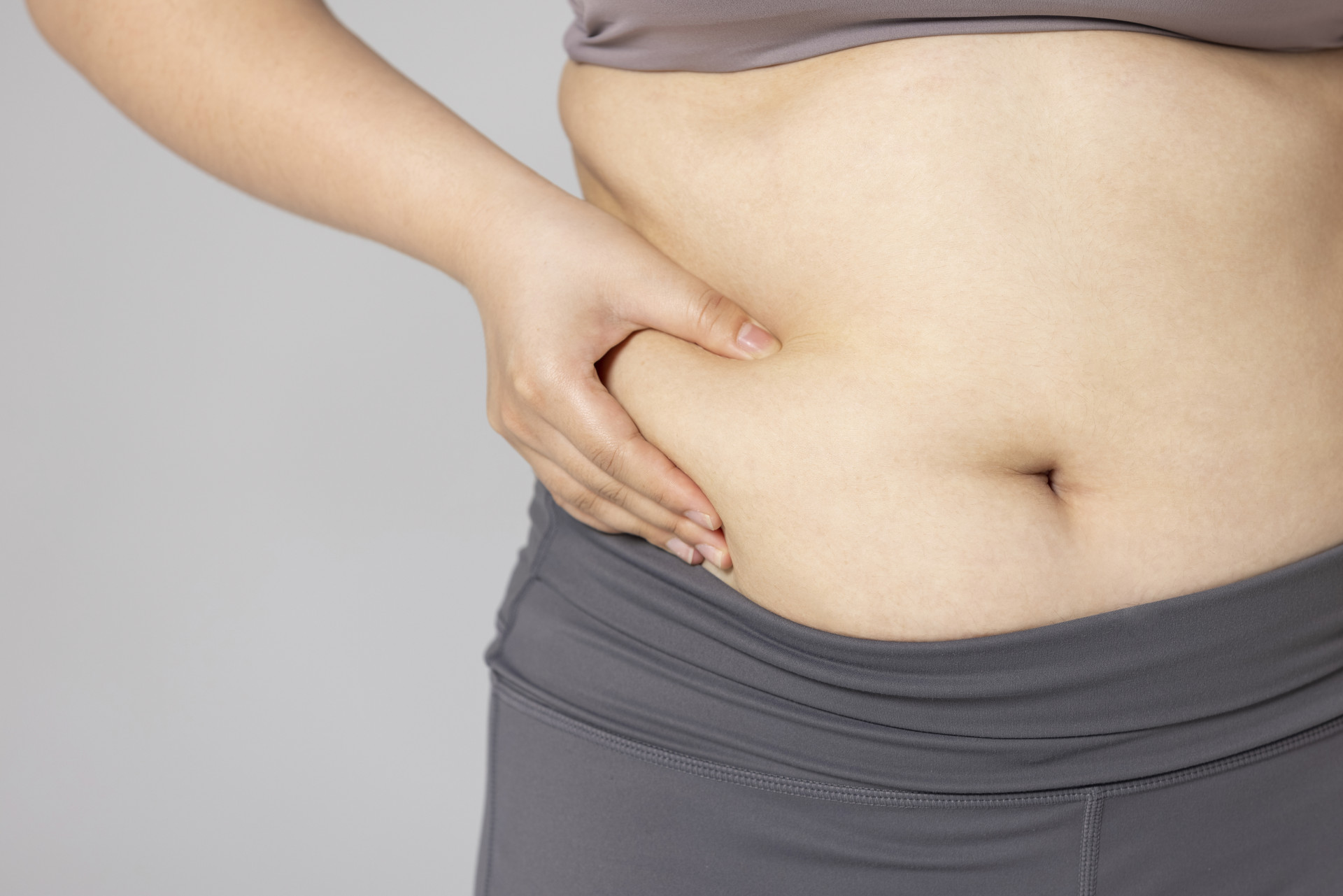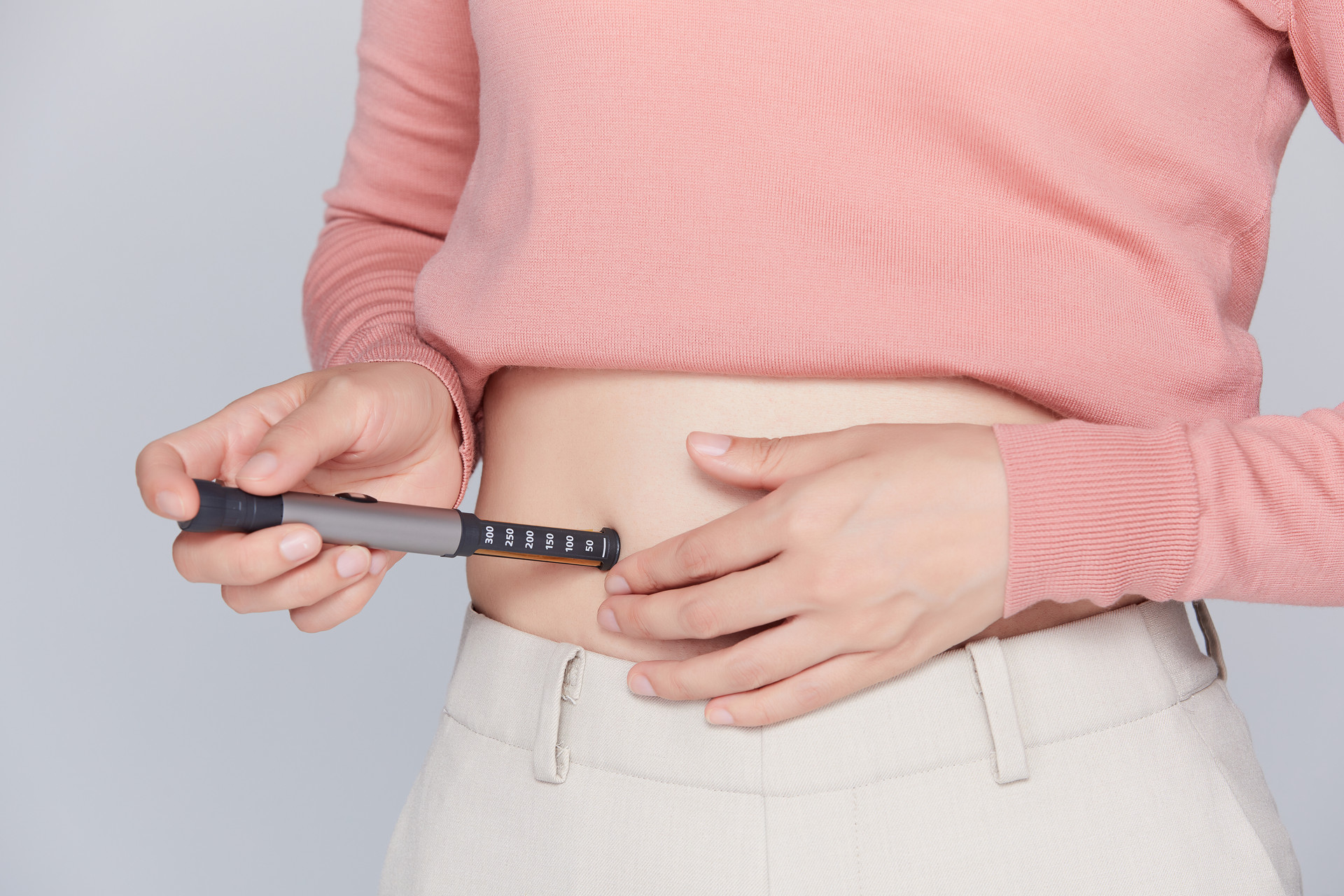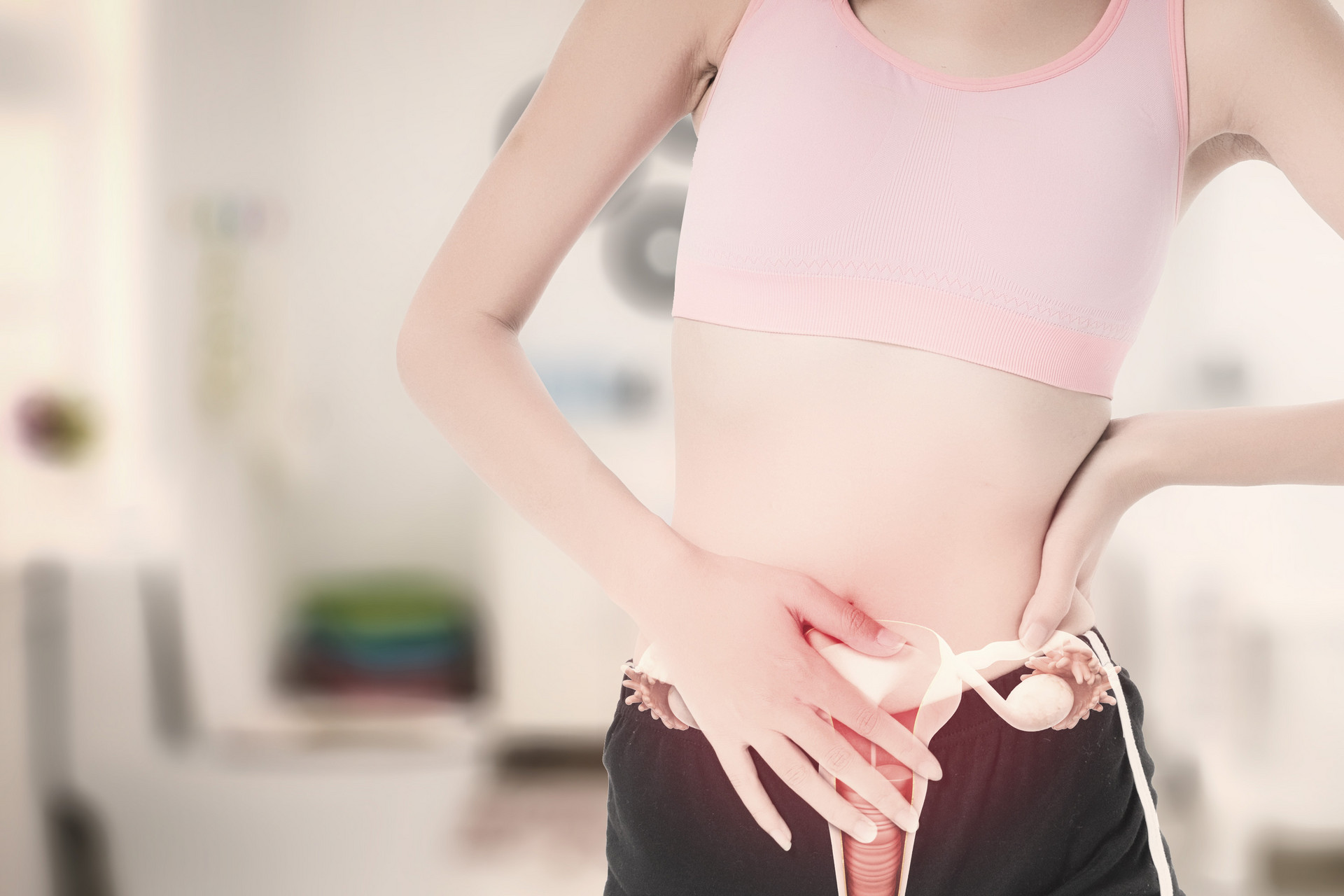
The History of Postpartum Confinement
The earliest record of postpartum confinement in history can be traced back to the Western Han Dynasty's "Book of Rites", which has a history of more than two thousand years. It is called "yue nei" and is a necessary ritual after childbirth. "Zuo Yue Zi" is actually the modern medical term for the puerperium, which refers to the period from the end of childbirth to the recovery of the mother's body to the pre-pregnancy state (six weeks postpartum). Postpartum confinement promotes the recovery of the mother's body through special care and reasonable recuperation.
China has always attached great importance to nutrition during the postpartum period. Although this is a traditional practice passed down from ancient times, it also has some scientific basis. So, for modern mothers with increasingly abundant material life, what are the special dietary requirements during the postpartum period in addition to the appropriate quantity, reasonable combination, and proper cooking?
Differences between Vaginal Delivery and Cesarean Section
The diet during the first week after vaginal delivery and cesarean section will usually be different. On the first day after normal delivery, a small amount of easily digestible, warm, semi-liquid food can be given, gradually transitioning to a normal diet. Cesarean section mothers and those with lacerations should eat a low-fiber diet without residue during the first week. Due to the need for more iron-rich foods and high-quality protein for postpartum recovery and wound healing, mothers who have undergone cesarean sections should consume more of these.
Postpartum Dietary Stages
During the postpartum period, the new mother's digestion and absorption are not smooth, and excessive nutrient intake can lead to "insufficient replenishment" and postpartum obesity or weakness. Therefore, postpartum diet should be planned in four stages to gradually promote recovery.
Stage 1 (First Week Postpartum): Appetite Stimulation and Detoxification
During the first week postpartum, the new mother's body is weak and her appetite is poor. The focus of the diet is to stimulate appetite, rather than rushing to replenish. The first week is a critical moment for postpartum recovery, and a balanced and nutritious diet should be followed to improve bodily functions and prevent various postpartum complications.
Stage 2 (Second Week Postpartum): Organ Contraction, Blood and Calcium Supplementation
After a week of recuperation, the new mother's physical strength gradually recovers in the second week postpartum, and her appetite improves. The color of the lochia changes from dark to light. This week, it is necessary to regulate blood and qi, and eat some foods that nourish blood and qi. However, since the lochia has not been completely discharged, excessive supplementation should still be avoided.
Stage 3 (Third Week Postpartum): Nourishment and Lactation Enhancement
The third week postpartum is a crucial period for the new mother to replenish her body. The baby's food intake increases, and the breastfeeding mother needs to consume more nutrients. She should eat more high-protein foods and foods that promote lactation to improve the quality of breast milk.
Stage 4 (Fourth Week Postpartum): Regulation and Recovery of Vitality
The fourth week postpartum is an important period for the new mother's physical recovery. The uterus and various organs gradually return to the pre-pregnancy state. High-vitamin, low-fat, and easily digestible foods can be gradually added to the diet.
Differences between Breastfeeding and Formula Feeding
Within a week after childbirth, the new mother will start to produce breast milk and enter the lactation period. The dietary nutritional requirements will vary depending on the feeding method. For mothers who exclusively breastfeed, the nutrient requirements should follow the standards for lactating women. For mothers who formula feed, energy and nutrient intake should be the same as that of a normal person. For mothers who practice mixed feeding (breast milk combined with formula), the nutritional requirements fall between the other two categories.
Breastfeeding mothers have an increased energy intake of about 500 calories compared to the average woman, which is equivalent to a 20% to 30% increase in food consumption. Protein intake increases by about 20 grams, and the reference intake of various minerals, trace elements, and vitamins such as calcium, potassium, iodine, zinc, selenium, and vitamin A all increase by 50% to 100%. Therefore, the dietary principles for breastfeeding mothers are variety, sufficient quantity, and high nutritional value. The types of food should be complete, with a balanced combination of staple and side dishes. Adequate intake of high-quality protein sources such as chicken, fish, milk, and soy is important. Foods rich in calcium, such as dairy products, shellfish, and green vegetables, should be consumed. Cooking methods should focus on stewing, simmering, and low salt. Small, frequent meals of 4 to 6 meals a day are recommended.
Adapting Postpartum Confinement to Local Customs
During the process of postpartum confinement, the mother will inevitably be influenced by the seasonal climate and geographical environment of nature. Therefore, the various changes in the natural environment, such as the alternation of cold and heat and regional differences, will directly or indirectly affect the mother's physiological and pathological conditions. Therefore, it is advisable to use local resources and combine them with local postpartum customs and characteristics of different regions and ethnic groups. For example, in the north, there is a tradition of stewing old hen soup, while in Guangdong, there is a tradition of braising pig feet in sweet vinegar. Hakka cuisine includes steamed chicken with fermented rice wine, and people in Guangxi drink mountain chicken wine.
In conclusion, the postpartum diet varies from person to person. If the postpartum meals can be arranged properly, new mothers can recover their physical strength, strengthen their bodies, breastfeed smoothly, and maintain their figures without gaining excess weight. This is the desired experience of modern women in childbirth.











